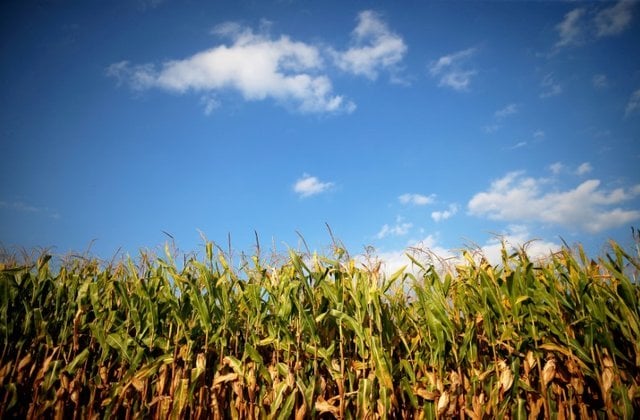Doubts Cast on Ambitious Crop Targets Amidst Challenges in Pakistan's Agriculture Sector
The Federal Committee on Agriculture's ambitious production targets for various crops in Pakistan have been met with skepticism by grower associations and progressive farmers.

KARACHI 10/18/2023: In response to the production estimates presented by the Federal Committee on Agriculture (FCA) for various crops, concerns are rising among grower associations and progressive farmers in Pakistan. They perceive the targets as "exaggerated" and are urging the government to ensure fair prices for their produce. Let's dig deeper into this agricultural conundrum and explore how it impacts the Pakistan Economy, Business in Pakistan, and Technology in Pakistan.
During a recent meeting in Islamabad, the FCA unveiled ambitious production targets. These included a whopping projection of 32.12 million tons of wheat production over an expansive area of 8.9 million hectares. Additionally, minor crops such as gram, potato, onion, and tomato were given targets of 410, 6,330, 2,494, and 666 thousand tons, respectively. The committee even suggested that cotton production could reach 11.5 million bales from 2.4 million hectares by the end of the current season.
However, small growers, represented by Sindh Agriculture Research Council President Ali Palh Advocate, aren't buying into these projections. They've seen their crops and land damaged by floods and are struggling with shortages of vital resources like seeds and fertilizers. To add to their woes, a 15% water shortage is being felt, with some small growers facing up to 40% water scarcity.
Nabi Bux Sathio, Senior Vice President of the Sindh Chamber of Agriculture, underscored the hurdles in the path of wheat production. With the nation's wheat consumption hovering around 30 million tons and a 2 million ton shortfall last year, hitting the 32.12 million ton target depends on timely water supply, quality seeds, inputs, high fertilizer prices, and increased fuel costs for tractors during the Rabi season. Achieving the ambitious goal won't be a walk in the park.
Sathio also voiced doubts about the cotton output target, deeming the 11.5 million bales objective rather ambitious under current circumstances. These challenges are a stark reminder of the hurdles facing the Pakistan Economy and its agrarian sector.
Jawaid Junejo, Farmers Organization Council President, emphasized that progressive farmers often feel left out of the policymaking process. He recounted a troubling incident where substandard wheat seeds flooded Sindh markets without proper registration, leading to disastrous crop yields for farmers.
Economic Shifts and Market Disparities:
Given the challenging conditions stemming from climate change and inflation, many growers are contemplating a shift to alternative crops like sunflower for better returns. The gaping difference between government-fixed prices and actual market prices remains a significant concern for growers. This disparity influences Business in Pakistan and has a ripple effect on the Pakistan Economy.
The government's ambitious crop production targets are being met with skepticism and real-world challenges, and many are questioning the feasibility of achieving them in the current economic and environmental landscape. As the agricultural sector grapples with these issues, fair policies and reasonable prices are seen as essential to its stability and growth, impacting not only the agrarian sector but also the broader Pakistan Economy, Business in Pakistan, and Technology in Pakistan. The agricultural sector's success plays a pivotal role in these areas, affecting stakeholders and citizens across the nation.








